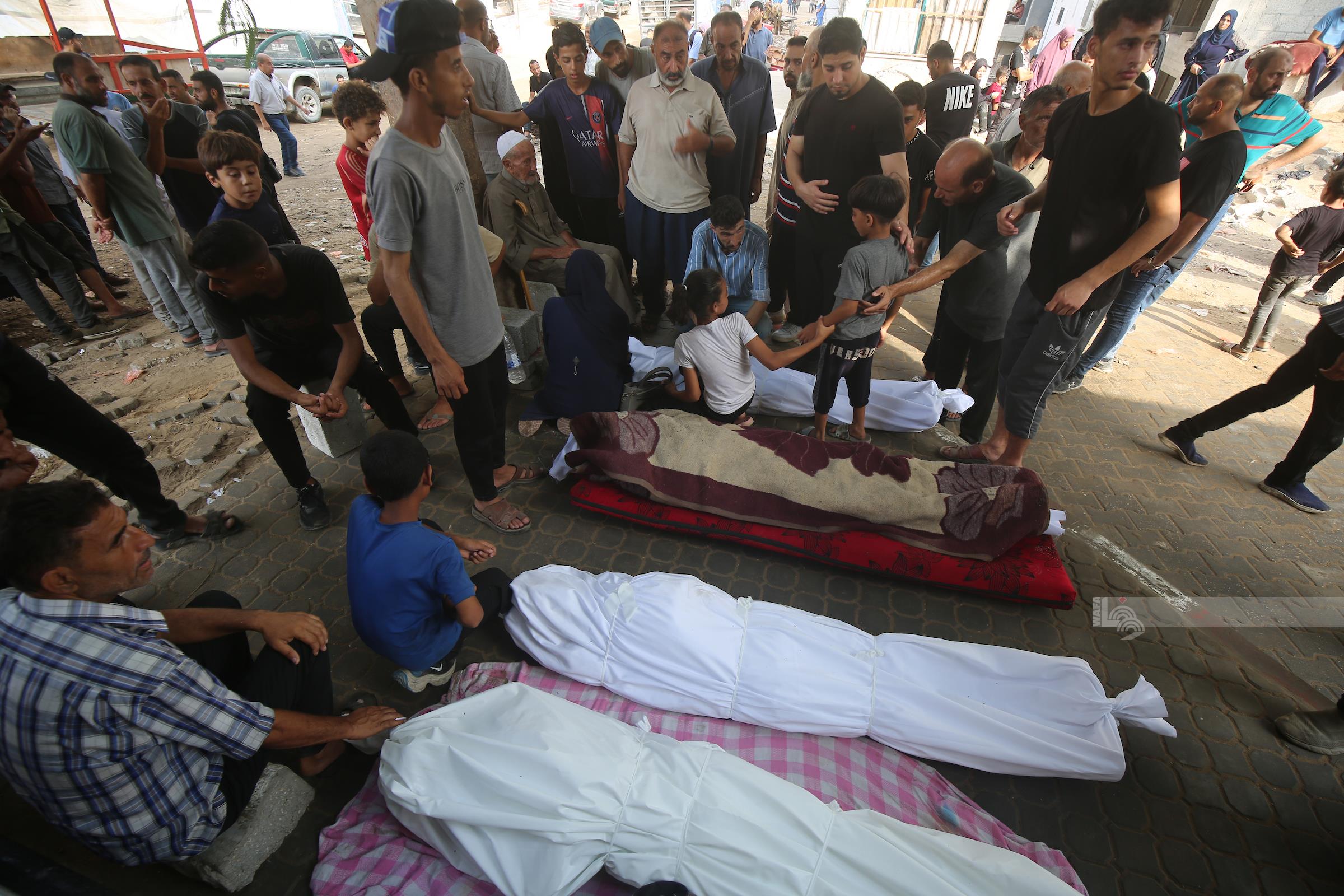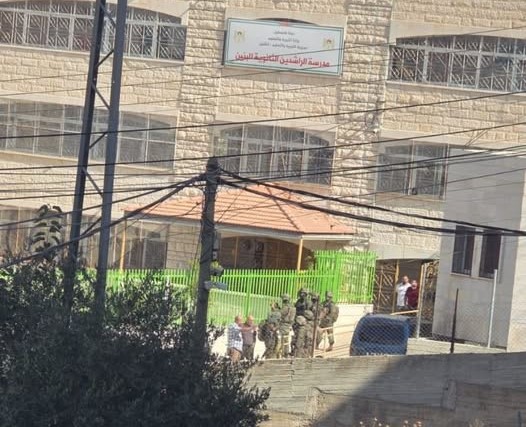By Jamil Dababat
JENIN, December 7, 2013 (WAFA) - Silence reigned at Jaba junction, south of Jenin, before the arrival of 20 donkeys.
At the crack of dawn, slightly before sunrise, the area
turns into a unique marketplace – it is the donkey market.
People in the West Bank bring their donkeys to this marketplace to sell or exchange them.
Since donkeys are an important local mean of transportation in
the West Bank considering the rough terrain, mainly in the vast agricultural land,
and the fact that main roads are under Israeli army and settler control, people,
mainly farmers, rush to own one or more.
Salim Abu al-Wafa, who is in the early 70s and a regular patron
of the marketplace, said he brought three donkeys to the market hoping to find buyers
for them.
Abu al-Wafa is one of the few patrons of the donkey market who agreed to speak to the media while the majority preferred not to make any comment and walked away with their donkeys when they saw a camera.
The donkey market is held every Thursday. People buy, sell
and exchange donkeys for a couple of hours before each one returns home.
The donkey market is an ordinary place. It is situated at a congested crossroad.
Palestinian farmers own donkeys to move around their olive groves
and to carry the heavy loads of harvested olives, and to plough their rugged land
that is not accessed by modern farm tractors.
Abu al-Wafa said that the donkey market is currently
stagnant due to the delay of rainfall. Although he was in the market for two
hours, he was able to sell only one donkey.
“One week ago, I went to the market to sell the donkeys that
I have now, but no one bought any,” he said. “So I returned this week to try my
luck again.”
Sellers and buyers engage in lengthy negotiations about prices. The negotiations occasionally involve a sense of humor and fun.
“These are domestic donkeys, some of which are strong and
some are weak, and therefore they are sold at different prices,” said Abu
al-Wafa. “The market fluctuates,” he said, adding that the sellers usually outnumber
the buyers.
Some of the customers said the market soars during the olive
harvest season and after rainfall. This is because many farmers need to buy
donkeys to plough their lands.
Abu al-Wafa was amused by the media interest in the donkey market:
“It is very funny. Why are donkeys the focus of so much attention?” he wondered, drawing a loud laugh from the sellers and buyers alike.
Donkeys are disdained animals and it is disrespectful to
call someone a donkey, a curse that could lead to a serious fight and possibly
death.
But at this market, this animal serves an important purpose, something farmers cannot do without.
The donkey market is just one of the weekly markets held to
sell or buy animals, such as cattle. All use the same selling and buying
techniques that have been in operation for decades. The animals are displayed
at the early morning for few hours to allow patrons to sell or buy.
It is difficult to determine the number of donkeys in the Palestinian
Territory by using search engines as little has been written about them.
Coming from a village near Jenin, two boys said that they
wanted to sell their donkey because it became a heavy burden to bear.
“We want to sell our donkey to make money,” said Basil, whose family had bought the donkey four months ago at the start of the olive harvest season. But now with the season over, he wants to sell them. He is asking for at least $100 for the donkey.
Setting the price of the donkeys is complicated. Prices could
range from $70 to $1,000. According to Abu al-Wafa, the strong donkeys are more
expensive than the weak ones.
Because of the delay in the rainfall this season and winter in general, donkey owners were anxious to sell their animals. But no one wanted to buy any at this time.
The sellers spent their time recounting the advantages, endurance and willingness of the donkey to work and pull loads without complaint, but the buyers apparently were not convinced or maybe interested at this time.
J.D./K.F./M.S.












